Devadasi – Servants of God, used and discarded afterwards
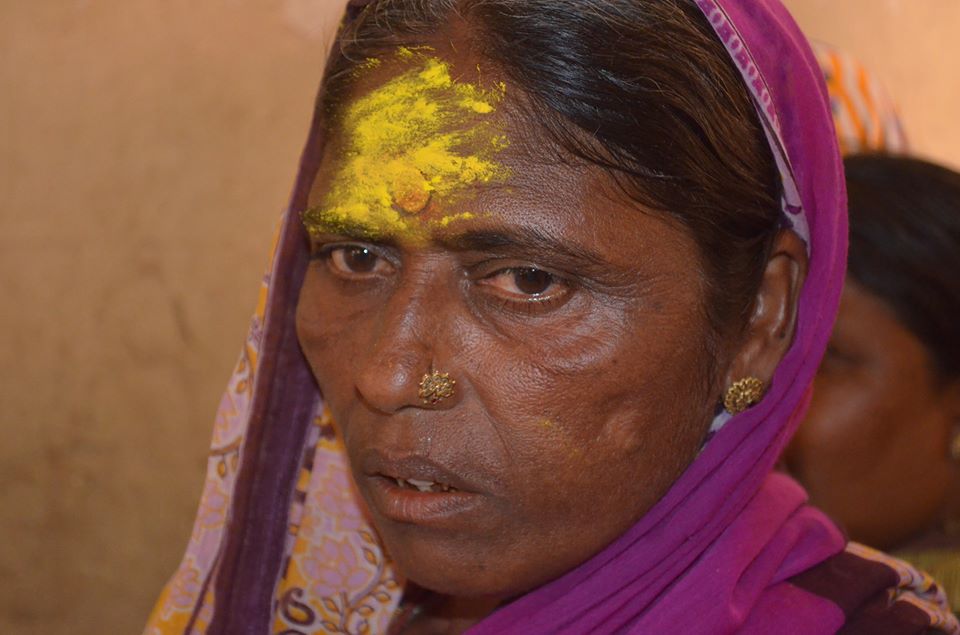
Sitawa Nanda, 41, is now fighting for the betterment of Devadasi women and hoping that women do not ‘sacrifice’ their daughters to this regressive practice that continues surreptitiously. (© DW/Murali Krishnan)
It is an ancient religious practice that still traps young girls in India in a life of sexual exploitation.
In India, devadasi means “servant of god.” Young girls are “married” to an idol, deity, or temple. These girls are often from the lowest castes in India—their parents have given them to temples as human offerings in order to appease the gods.
Though outlawed in 1988, the Devadasi system continues, though clandestinely, forcing women into a lifetime of sexual exploitation. The Devadasi community exemplifies the painful struggle for survival and dignity under this regressive practice.
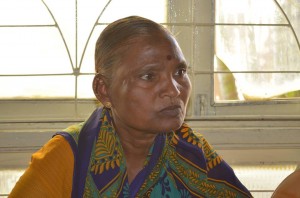
Vijaiwa Sonawa, 58. She was thrown into the exploitative system at the age of 10. She has a daughter, Bharathi, who does not know her father. (© DW/Murali Krishnan
Despite India’s government law forbidding the practice of temple prostitution, the centuries old religious tradition continues in at least six states in the country. Young devadasis are regarded by some as deities, and then discarded when they grow old.
The annual fair, for instance in the southern state of Karnataka, is evidence that this retrograde practice is alive and thriving. The Yellamma Devi fair is the biggest celebration and takes place on the day of full moon day. On this auspicious day, millions throng to the temple to celebrate. The goddess is worshipped for her strength and power and rituals are conducted in the same way as they were centuries ago. And sadly enough, young girls are ‘pledged’ to a lifetime of service to the deity.
There are an estimated 60,000-70,000 devadasis. Most return to their homes to be auctioned off as mistresses for as long as men will have them and the others wind up in the brothels of the country’s major cities.
The most pernicious aspect of this evil tradition is that daughters or sons of former devadasis do not know their fathers and are not expected to know.
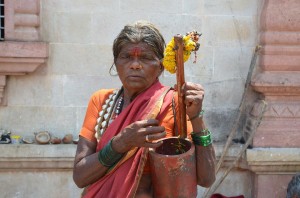
Mallama, 57, a former Devadasi comes to the Yellamma temple religiously every year. She leads a life of penury and often begs for food and alms. (© DW/Murali Krishnan)
“That is the way it is. It’s all part of the devadasi system. Never ask questions of parentage” exclaims Vijaiwa Sonawa. Her daughter, Bharathi, now a mother of three, does not know who her father is.
Though many former devadasis have got together to form self-help groups and associations to fight for their rights and the betterment of their community, help is difficult to obtain and late in coming.
Some of them I notice are doughty fighters.
“For the community we want the government to tighten the enforcement of the law and seek rehabilitation for the Devadasis. Besides a monthly pension there must be also focused interventions in the areas of health, education, gainful employment and trafficking,” says Sitawa Nanda.
Her campaign has led to some benefits trickling in.
It is paradoxical that in a country which is trying to end the spiraling tide of sexual violence against women, rape and forced marriages this bizarre practice persists. What is immediately required is a stop to this ritual because it is a major cause of child prostitution.
PICTURES
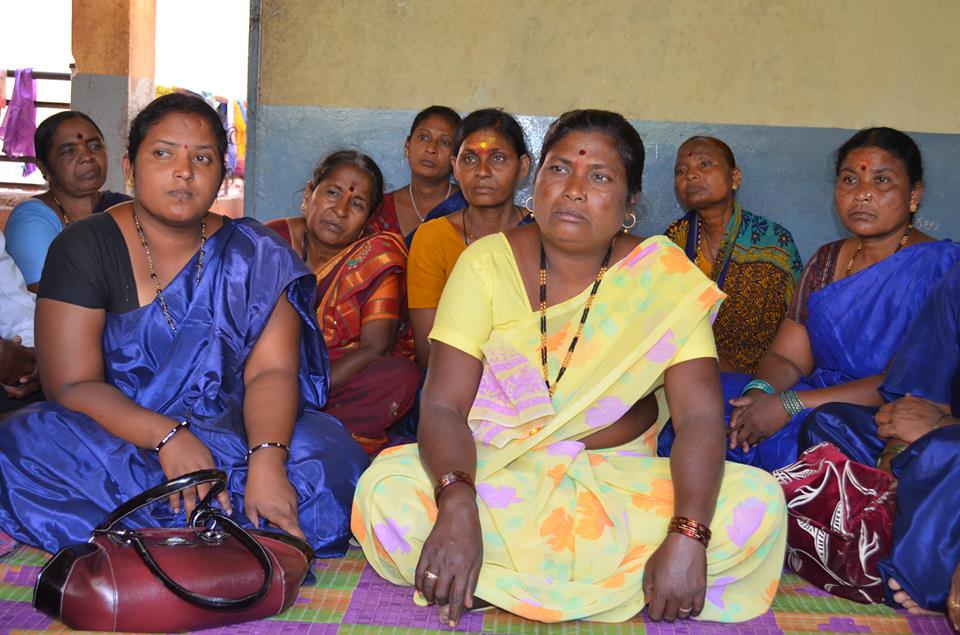
Former Devadasi women have now come together to stop this practice and fight for their rights. They are asking for monthly pensions, implementation of housing schemes, free education for their chidren and vocational training from the government as some of the critical first steps.
(© DW/Murali Krishnan)
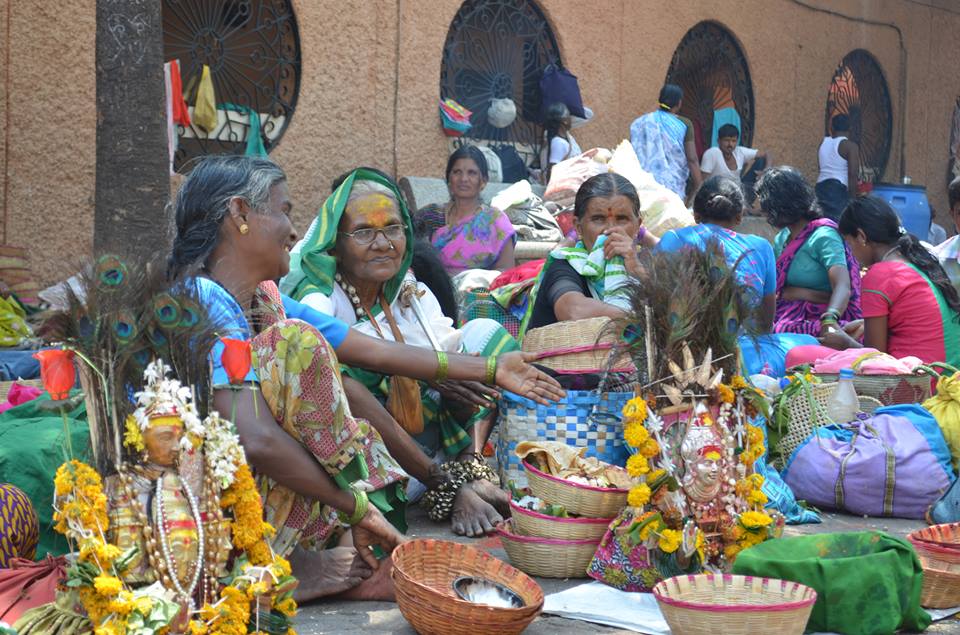
Every year thousands flog to the Yellama Temple in Bellary, in the southern state of Karnataka to offer themselves to the age-old “Devadasi” system. The famous temple witnesses a Yellamma Devi ( the ruling deity) fair which is held on many occasions between October and February.
(© DW/Murali Krishnan)
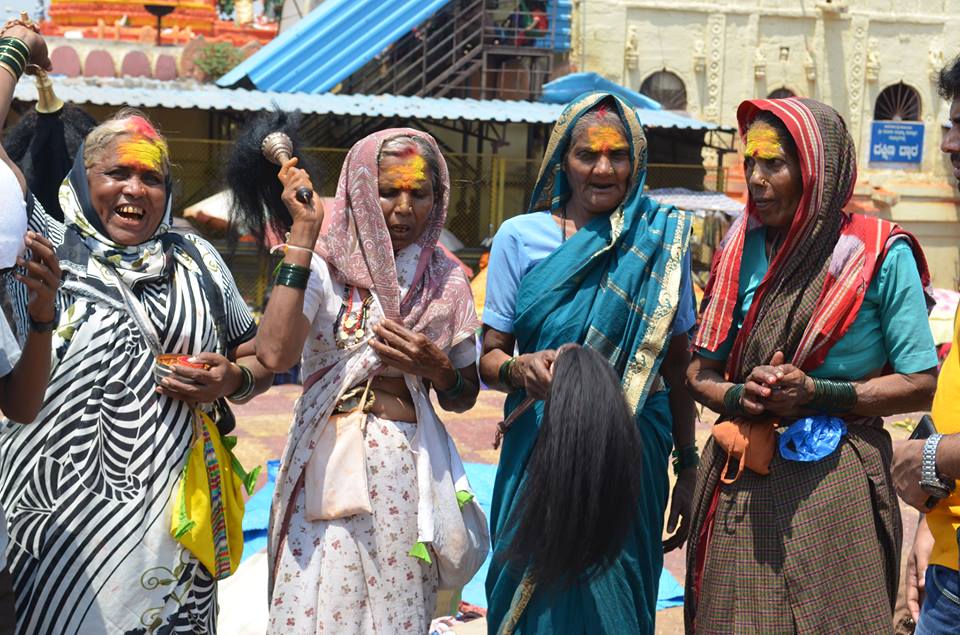
Wearing glass bangles, garlands and smearing red and yellow “kumkuma” (turmeric paste) on their foreheads, the plight of former Devadasis is pitiable. With government rehabilitation wanting, these once slaves of circumstance have a tough life. (© DW/Murali Krishnan)
Author: Murali Krishnan
Editor: Marjory Linardy
WTO RECOMMENDS
The ‘slaves’ in an Indian household
58-year-old Kaveri Ammal works as a domestic help in a neighborhood in Chennai in southern India. She leads a hard life, travelling 15 kilometers everyday to work in different neighborhoods and earning a salary of about 2,500 Rupees or around 50 dollars every month. Her work usually involves washing the dishes, cleaning the laundry, ironing, sweeping and washing the floors. (From June 13, 2013)
Hong Kong’s domestic workers ‘treated worse than the dogs’
Many of the hundreds of thousands of migrant domestic workers looking for a better life in Hong Kong end up exposed to abuse at the hands of their employers. Zigor Aldama reports with three women’s stories. (From March 19, 2015)
‘A recognition for neglected children’
Kailash Satyarthi has been awarded the Nobel Peace Prize for his fight against child labor. In an exclusive DW interview, the activist talks about the importance of the prize and plans to work alongside co-winner Malala. For decades, Kailash Satyarthi has dedicated his life to helping millions of children forced into slavery. (From October 13, 2014)
Shortlink: http://blogs.dw.com/womentalkonline/?p=14399






